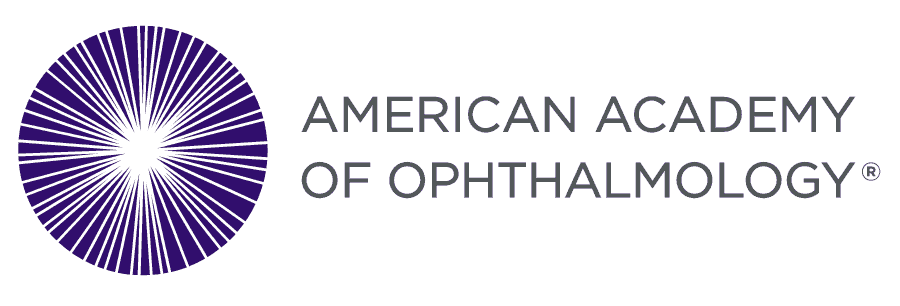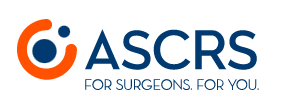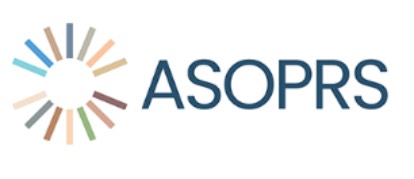Retinal vein occlusions are classified according to where the vein occlusion is located and is treated based on the same classification. When the central retinal vein gets blocked and hemorrhaging occurs along its distribution, it is considered “central retinal vein occlusion” or CRVO. The blockage of one of the small branch veins is known as “branch retinal vein occlusion” or BRVO. The main symptoms of retinal vein occlusions or RVO’s are blurred vision and/or vision loss. RVO complications include retinal neovascularization, macular edema and anterior segment neovascularization which can lead to severe glaucoma.
A retinal vein occlusion constitutes a blockage of blood flow is one of the most common causes of retinal vascular diseases affecting an estimated 16 million persons worldwide. When a retinal vein is blocked, blood cannot drain from the retina and leads to leakage of fluid and hemorrhage from the blocked blood vessels.
Retinal blockage is more common in people with narrowed or damaged blood vessels. Patients with these existing conditions are more susceptible to retinal vein occlusions:
- High blood pressure
- Over 60 years’ old
- Atherosclerosis (hardening of the arteries)
- Glaucoma
- Diabetes
- High cholesterol
- Smokers
Symptoms of Retinal Vein Occlusions
- Painless blurring or loss of vision
- Typically happening in just one eye
- May worsen over the course of a few days or hours
- May experience total vision loss almost immediately
Diagnosis of retinal vein occlusions
- Fluorescein angiography (dye injection into the arm that travels to your retinal veins to allow them to be photographed to locate occlusions)
- Optical coherence tomography (OCT)
- Retina examination with dilation
There is no way to unblock retinal veins, however, your doctor can treat you for eye health problems related to the retinal vein occlusion.
Treatment of retinal vein occlusions
- Intravitreal injections
- Anti-vascular endothelial growth factor drugs (to target the growth factor, VEGF, that causes macular edema)
- Corticosteroids (to combat the inflammatory components that lead to edema)
- Pan-retinal photocoagulation therapy (used when patients have new blood vessel formation)
- Focal laser therapy (used to cause a reduction in edema)
The Fort Lauderdale Eye Institute specializes in the treatment of retinal vein occlusions. If you have any of the symptoms associated with a retinal vein occlusion, please set up an appointment for an examination with one of our experienced retinal specialists today (954) 741-5555






